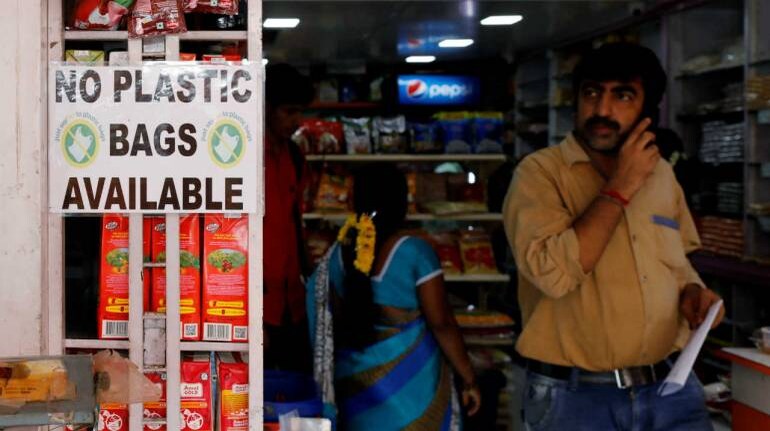
Imposing an immediate ban on single-use plastic may appear enticing given the opportunity presented by this low-hanging fruit for demonstrating India’s commitment to the United Nations Sustainable Development Goals, but it is a temptation we should resist falling prey to.
Besides opening itself up to the possibility of being confronted with several legal challenges, a hurriedly ordered ban unaccompanied by adequate preparedness for the fall-out of such a step on a slowing economy could create huge business uncertainties and aggravate an already stressed jobs scenario. It may also give rise to several awkward questions being raised on how the ban is going to be implemented nationwide and transgressions addressed.
However, most significantly, a sudden ban on single-use plastic may on its own do precious little to further the sustainability agenda in India, where sustainable living, in any case, remains an esoteric concept for most, and mindset changes rarely brought about without first obtaining a buy-in of the common citizen for the idea being tried to be sold.
There exists a real possibility of the average Indian not taking kindly to the unsettling effects an abrupt ban may have on depriving her of the conveniences provided by single-use plastic items even if it is for the larger cause of protecting the environment. As far as she is concerned, while the inconveniences undergone would be tangible and felt immediately, the accrued benefits of foregoing single-use plastic may be far too distant for his liking.
A better way to handle the issue that could effectively balance long-term environmental concerns with the more immediate ones of people may be through building a strong case for ordinary Indians to voluntarily lessen their dependence on single-use plastic. With the pitch of the argument progressively raised to the point where citizens across economic strata in rural and urban settings are convinced to give up single-use plastic completely.
A massive advocacy and outreach programme – on the lines of the widely successful Swachh Bharat Abhiyan – involving data-backed arguments underlining how choosing environment-friendly materials would improve quality of lives could be the way to go forward. It could create such a huge groundswell of popular opinion against single-use plastic that corporate organisations, including even the most status quoist among them, may be forced to think long and hard for justifying its continuance.
In such a scenario, companies would be compelled to speed up introductions of sustainable offerings at attractive price-points for keeping themselves in business, with apprehensions of a likely adverse impact on future revenues and profits acting as the trigger for organisations to embrace change. Deep diving for solutions to meet the evolving needs of more environmentally-conscious customers would become the norm at corporate set-ups and board meeting agendas start to reflect this.
For quite some time now, both Indian-owned companies and their transnational counterparts operating in India have been making the right noises on sustainability, including how they are gearing up their operations in a manner that also factors in the interests of the planet. Several of them now routinely come up with separate sustainability reports to accompany annual financial reports for demonstrating their commitment to promoting sustainable living.
The single-use plastic issue presents companies with a great window of opportunity to prove whether they are walking the talk on the sustainability front. Their actions in this regard would be closely watched and may become stories in themselves.
Sumali Moitra is a current affairs commentator. Twitter: @sumalimoitra. Views are personal.
Discover the latest Business News, Sensex, and Nifty updates. Obtain Personal Finance insights, tax queries, and expert opinions on Moneycontrol or download the Moneycontrol App to stay updated!
Find the best of Al News in one place, specially curated for you every weekend.
Stay on top of the latest tech trends and biggest startup news.